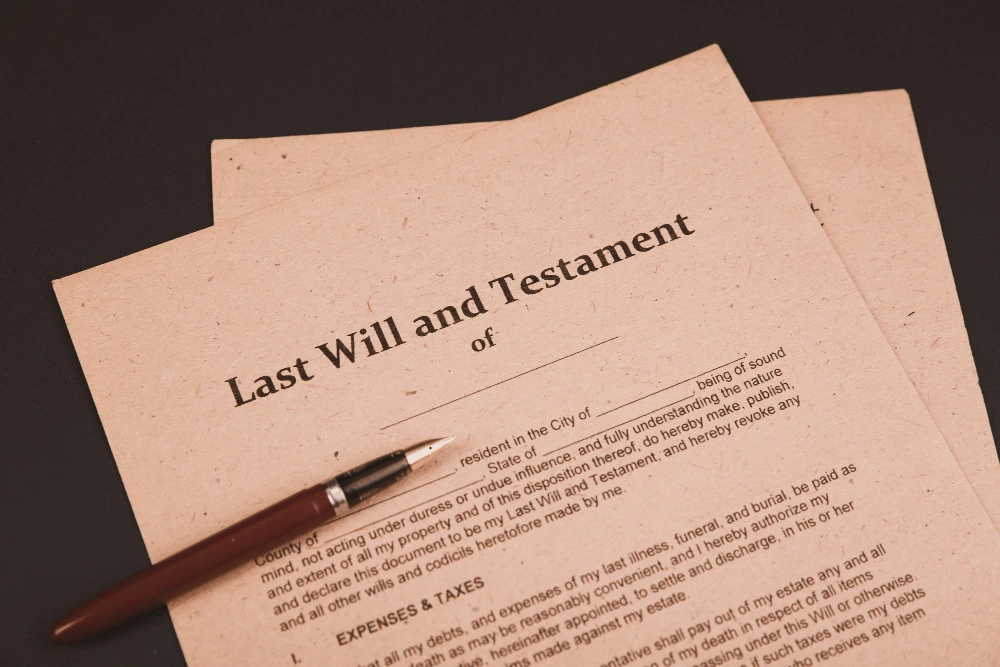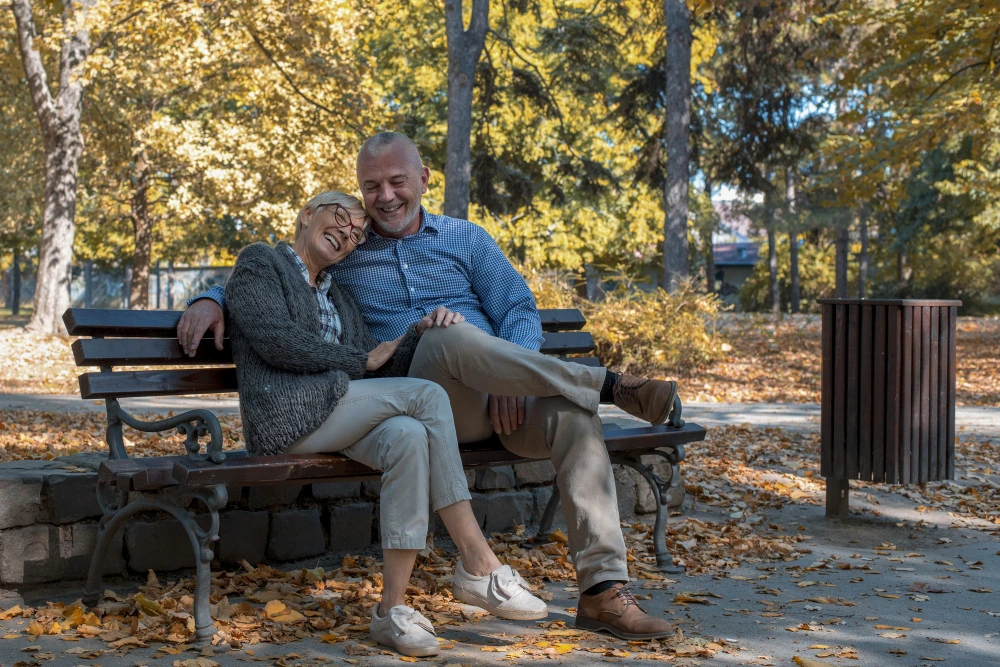Date:
September 15, 2025
Author:
Anastasia Fainberg
/
Founder & Managing Partner
When clients sit down in my office and ask, “Anastasia, what happens to my assets when I die?”, I know we’re about to have one of the most important conversations they’ll ever have. Most people assume their assets will automatically flow to their loved ones, or that a simple will is all it takes. Unfortunately, in Colorado, that assumption often leads to probate court, delays, expenses, and even family conflict.
In the video “What Happens to My Assets When I Die”, I share why these common beliefs are misleading—and how tools like trusts and powers of attorney can make a world of difference. In this article, I’ll expand on that discussion, walk you through the real risks, and explain how families here in Colorado can protect what they’ve built.
What Really Happens to Your Estate in Colorado
When someone passes away in Colorado, the law doesn’t simply hand everything to the people you love. Instead, the process typically follows these steps:
- Probate begins. Even if you left a will, the court must validate it and oversee the administration of your estate.
- Assets are frozen. Until the court authorizes action, bank accounts, property, and investments are often inaccessible.
- Debts are settled. Creditors get the first opportunity to make claims against your estate.
- What’s left is distributed. Only after the process is complete do your heirs receive their inheritance.
For families who are already grieving, this process can feel like an additional burden. I’ve seen children unable to pay funeral expenses because accounts were locked in probate. I’ve seen spouses wait over a year to access retirement funds.
Learn more about this process on our page about probate in Colorado.
The Risks of Probate and Frozen Assets
Probate isn’t just a formality—it comes with real costs:
- Time delays. Probate typically lasts 6 months to 2 years.
- Expenses. Court fees, appraisal costs, and attorney’s fees can drain thousands from your estate.
- Loss of privacy. Probate records are public. Anyone can look up what you owned and who inherited it.
- Family stress. Probate often creates conflict, especially if the will is outdated or contested.
Consider the story of Brian, a Denver retiree who had only a will. When he passed, his wife assumed she’d gain immediate access to their accounts. Instead, probate delayed her access for over a year. Bills piled up, investments sat untouched, and she was left feeling powerless at a time she needed peace.
This is why relying only on a will is rarely enough. A will alone does not prevent probate.
How a Trust Keeps Your Assets Private
The most effective way to ensure your assets transfer quickly and privately is through a revocable living trust. Here’s how it works:
- You create the trust during your lifetime.
- You transfer ownership of your assets—your home, bank accounts, investments—into the trust.
- You remain the trustee, meaning you stay in control while you’re alive.
- When you pass, your successor trustee distributes assets directly to your beneficiaries, bypassing court.
The benefits are clear:
- Avoids probate. Your family gains immediate access without waiting months or years.
- Protects privacy. Unlike wills, trusts are not part of public record.
- Saves money. Families avoid costly probate fees.
- Gives flexibility. You decide how and when assets are distributed (for example, gradually instead of all at once).
To learn more, visit our page on trusts in Colorado.
Common Misconceptions About Estate Planning
In conversations with families, I often hear the same myths that create false confidence. Let’s debunk them:
- “I’m too young for estate planning.” Not true. Once you’re 18, your parents no longer have automatic authority. A power of attorney is essential for young adults too.
- “My spouse can automatically make decisions for me.” Without a POA, even spouses may need court approval.
- “A will is enough.” As we’ve seen, wills do not avoid probate in Colorado.
- “I don’t own enough to worry about it.” Even modest estates often exceed the small-estate threshold.
- “An online form is good enough.” Colorado laws are specific, and DIY documents often fail when tested.
Each of these misconceptions has led real Colorado families into unnecessary legal battles.
Do You Need a Lawyer for Estate Planning in Colorado?
Another common question I hear is, “Do I really need a lawyer for this?” Technically, you can try to draft documents on your own. But estate planning isn’t just filling out forms—it’s about strategy.
A good estate planning lawyer ensures that:
- Your trust is properly funded (an empty trust protects nothing).
- Your will is updated and legally valid.
- Your POAs comply with Colorado law.
- Your plan coordinates with beneficiary designations on accounts.
- You avoid costly mistakes that could leave your family in court.
Think of it this way: anyone can buy tools to build a house, but without an architect and skilled builder, the structure won’t last. Estate planning is no different.
Steps to Protect Your Family and Assets Today
Here’s how to start building a real plan for your family:
- List your assets. Homes, cars, bank accounts, retirement funds, businesses.
- Clarify your goals. Do you want to minimize taxes, protect children, or support a charity?
- Meet with an attorney. A consultation helps you understand what fits your family.
- Create a complete plan. Trust, will, guardianship planning, and POAs.
- Review regularly. Every 3–5 years, or after major life changes.
Planning isn’t about death—it’s about protecting your family’s future while you’re alive.
Frequently Asked Questions
What happens to my assets if I die without a plan in Colorado?
The state decides under intestacy laws. Your family could face probate, delays, and conflict. See details on the Colorado Judicial Branch.
Does a will avoid probate in Colorado?
No. Only a properly funded trust bypasses probate.
How much does estate planning cost?
It depends on your needs, but the cost of planning is always less than the cost of probate. Learn more on our estate planning page.
Do I need a lawyer for estate planning?
Yes, if you want to ensure documents are valid, funded, and coordinated. A lawyer helps prevent costly mistakes.
How do I choose the right estate planning lawyer?
Look for experience, local knowledge, and a practice focused on families.
Can a trust own my business or rental property?
Yes. Trusts can own LLCs and businesses, offering privacy and protection. Learn about asset protection.
How often should I update my plan?
Every 3–5 years or after life changes—marriage, divorce, children, or buying property.
Final Thoughts
If you’ve wondered, “What happens to my assets when I die?”, now you know the answer: without a plan, your estate ends up in probate. That means delays, costs, and exposure. With the right plan—built on trusts, powers of attorney, and other protections—you can keep your family safe, your estate private, and your wishes honored.
At Legacy Law Group Colorado, we create tailored estate plans that actually work in real life. We don’t just hand you documents—we make sure your assets are titled correctly, your trust is funded, and your plan is prepared for life’s changes.
Don’t leave your family’s future to the court system. Schedule your free consultation today and let’s build a plan that protects your assets and gives your loved ones lasting peace of mind.






































